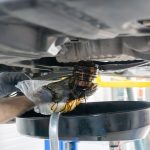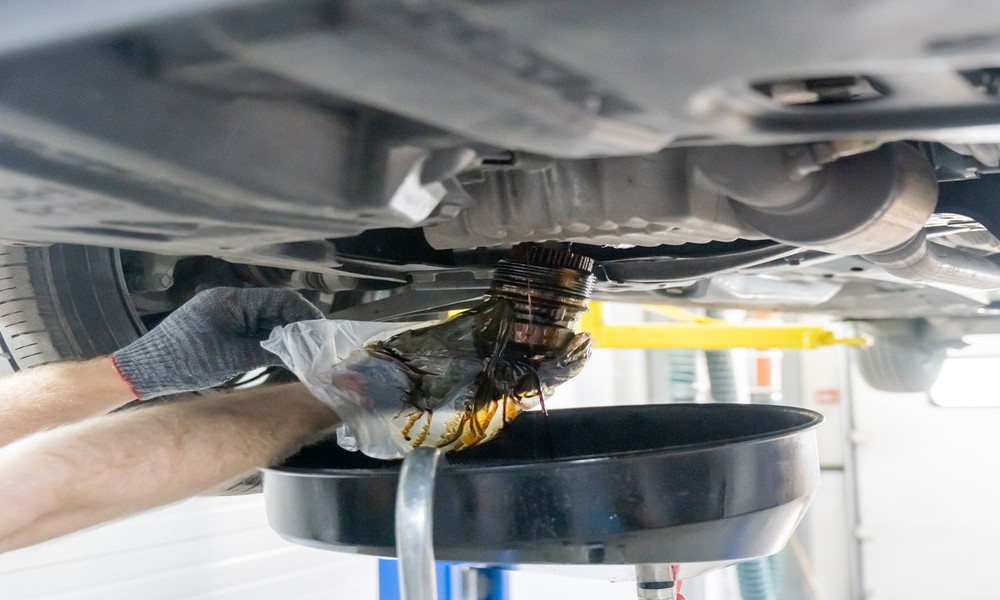An essential part of a car’s braking system is brake fluid, which acts as the hydraulic fluid that transmits power from the brake pedal to the brake parts. The braking fluid transfers the power applied to the brake pedal to the wheel cylinders or brake calipers, which in turn apply pressure to the brake pads or shoes, creating the friction required to slow down or stop the vehicle. Brake fluid’s quality and integrity are crucial for efficient braking since it works in very high and low pressure environments. The system may malfunction in the absence of sufficient and functioning braking fluid, which might have disastrous effects on the vehicle.
The Quality of Brake Fluid Is Crucial
Brake fluid may deteriorate over time as a result of environmental contaminants and moisture absorption. Since most braking fluids may collect water from the atmosphere, they are hygroscopic. This absorption may cause brake components to corrode and lose their boiling point, which would be detrimental to performance. A hydraulic system that is compromised by tainted brake fluid may experience decreased stopping power, increased stopping distances, or even brake failure. For this reason, brake fluid quality is essential; keeping it clean, correctly topped up, and operating at peak efficiency is essential for car safety.
Identifying Brake Fluid Problem Signs
It is important for drivers to remain alert for the warning indications of brake fluid problems. You can hire the Auto Services in Bend, OR for this task. Unexpected changes in braking performance, a warning light on the dashboard, or a spongy or soft brake pedal may all be signs of issues with the brake system or brake fluid. Leaks in the system may also cause low brake fluid levels, which can be dangerous if ignored and impair braking performance in addition to posing other concerns. Maintaining the braking system’s functionality may be achieved by routinely checking the reservoir level of brake fluid and evaluating the fluid’s clarity.
The Worth of Expert Checks
Although car owners may do some brake fluid maintenance tasks on their own, expert assistance is necessary for comprehensive evaluations. Comprehensive checks on the braking system, such as fluid quality testing, possible leak detections, and general system inspections, may be carried out by qualified technicians. They possess sophisticated instruments that enable them to determine the braking fluid’s moisture content and boiling point, giving an accurate picture of its condition. The knowledge and experience of an expert may also reveal further possible problems with the braking system that the typical driver would not notice right away.
Regular Upkeep and Replacement of Fluids
Although brake fluid replacement should be done every two years according to car manufacturers’ recommendations, driving conditions and vehicle use may affect this schedule. Frequent maintenance inspections may assist determines if the fluid still needs to be replaced or is sufficient for safe operation.







